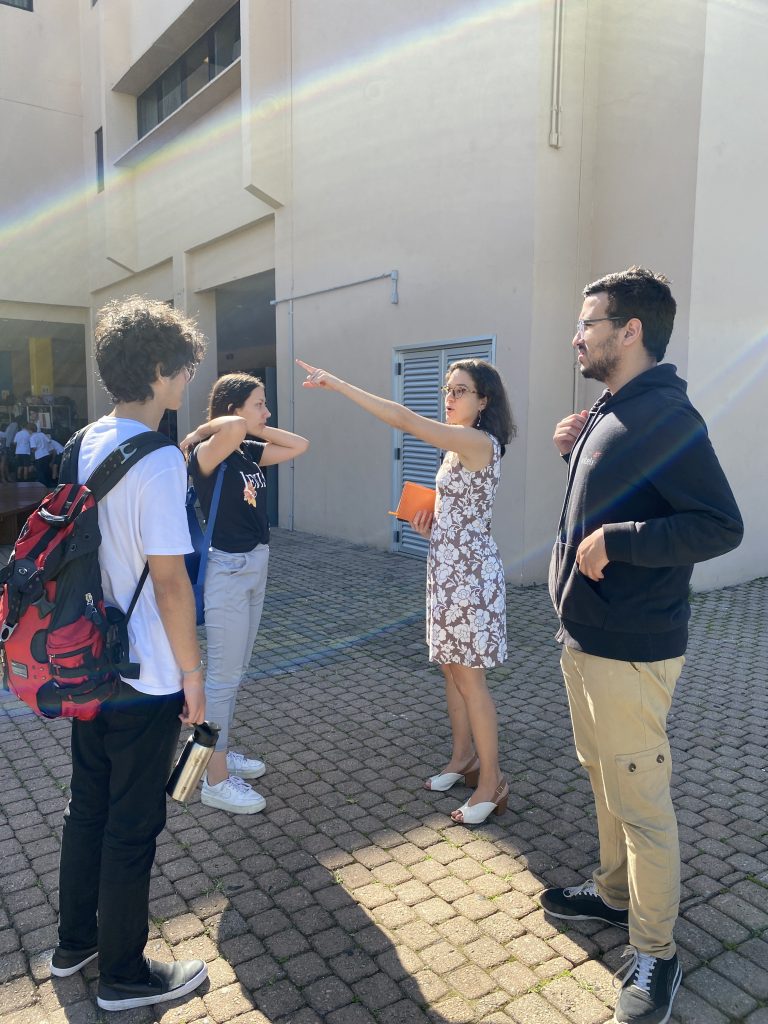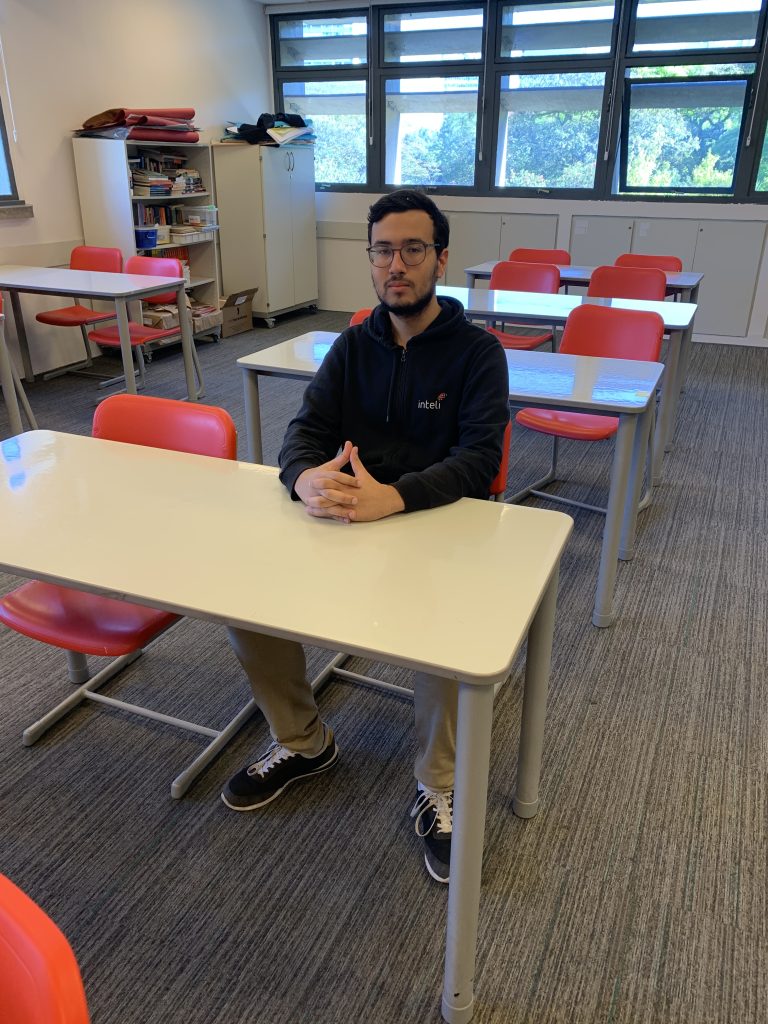The journey through the St. Paul’s Foundation selection process is full of challenges and expectations, especially during the long and intense stage of the prep course. The nearly 12 months of classes can have a profound and lasting impact on the student, even those who are unable to become scholarship holders at St. Paul’s School.
Over the last month, the St. Paul’s Foundation was able to meet Jonas again, one of the candidates for the 2019-20 selection process. In this conversation, it was possible to see the often underestimated value of participating in the preparatory course, and how this experience shapes skills and mindsets, and offers precious lessons.

Jonas’ trajectory
Jonas applied for the St. Paul’s Foundation selection process in 2019. At the time, he attended Instituto Ismart, where he discovered the foundation’s scholarship programme.
As soon as he started the course and started having classes at school, Jonas states that “I wanted to try everything I could. Even if I didn’t pass (in the selection process), I could take advantage of the knowledge that the school had to give me.”
During this period, he learned more about the British-Brazilian curriculum and was even able to watch the play Groundhog Day, performed by the Drama department at St. Paul’s, with the other candidates. He also points out the learning that came from engaging with the colleagues. “It was very interesting because there were different age groups, and I was one of the oldest. People had several different backgrounds, they came from different places in São Paulo.”
Regarding this, Jonas also adds that: “it was a more friendly environment. We had even formed a group that was the ‘lemons group’, because we had that thing of enjoying the course regardless of the result, making lemonade out of lemons, right?”
During his visit to the school, Jonas was able to meet fellow students from the course who became scholars at St. Paul’s, such as Gregório, Antonio and Elisa, who are now in Upper 6.
 Learning from the preparatory course
Learning from the preparatory course
Regarding this period, Jonas highlights the development of soft skills. “I developed my ability to communicate with people more. I realized that there is a totally different way of thinking that you can apply in your everyday life.” He recognizes that these skills are key to being able to conduct group projects at college, work as a team at work, etc.
Jonas ended up not joining St. Paul’s School as a scholar, but he became a scholarship student at Intelli last year. He states that the foundation’s selection process helped him get into Intelli — this is because both processes focused on the candidate, going far beyond a selection test. With previous experience, Jonas says he felt more prepared to try another opportunity.
Dr Rubia Gaissler, who teaches at St. Paul’s is also a voluntary teacher for the preparatory course, identifies that students begin this stage less at ease and shy, but soon become familiar with the physical space and dynamics of the course, showing their individualities.
Regarding the impact that the course has on the students, she believes that “it broadens candidates’ horizons by putting them in contact with other realities and allowing them to dream of a different future. Even if they don’t get final approval, they certainly learned a lot about perseverance and diligence.”
For future candidates for the Foundation’s selection process, Jonas advises them about dedication. “Look at the other candidates too. Deepen the connection with the school. Exchange information, recommendations. With colleagues, everything is easier. You won’t feel so much that pressure, but rather that there is someone walking with you.”


